As many of you may know by now, World War I has a prominent place in my heart. I have many reasons for this, but perhaps the most important is its enduring legacy; how it shaped the modern world we inhabit to this date. In a sense, the war was also a pivotal turning point between the old ways of society and the new. But it has also been several decades since the war has ended, meaning that most of the survivors are not around to tell the tale anymore. For these reasons, I decided to put together a list of mustreads that will help newcomers navigate the waters of World War I history. Let’s dive into it today.
Pandora’s Box: A History of the First World War – Jörn Leonhard
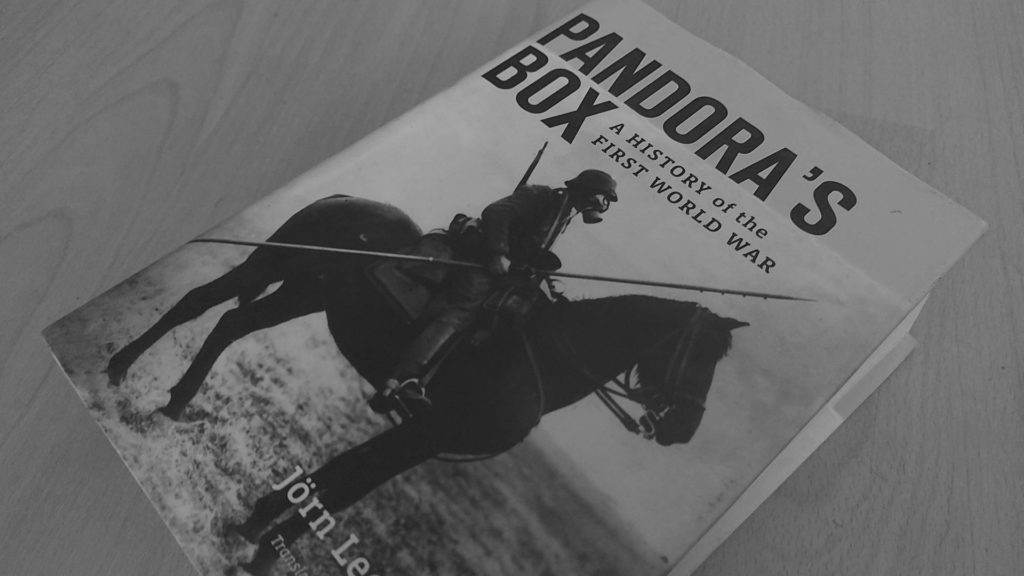
Originally appearing in German as Die Büchse der Pandora, historian Jörn Leonhard wrote a book that we may call The encyclopedia of World War I. Do not be frightened by its vast size of around 900 pages, because there is hardly any other book that explores so many aspects and details of the war. Instead of solely focusing on the European theatre, i.e trench warfare and the likes, this is a book about every part of the conflict. For instance, he also writes aboutthe Eastern front and the colonial warfare conducted in Africa and the Ottoman Empire. Many people in today’s society forget the significance of these battlegrounds, despite its national significance for countries like New Zealand and Australia. One only needs to mention Gallipoli to invoke the rememberance of birth for these two nations.

The book combines several viewpoints, ranging from economics to military history with the occasional personal viewpoints here and there. Leonhard discusses each year on its own and chronologically dissects what the war was about. Instead of purely detailing battles and seeing the war as an outcome of generals and soldiers, the book also looks at the role of the people at home. How did the normal people and national culture play a role during the war? Questions that the book answers and discusses masterfully. The writing style can be on the academic side, but this book serves as a great explanation of the conflict. Overall, a magnificent compendium for people truly interested in the history behind the overall war.
The Vanquished: Why the First World War failed to end – Robert Gerwarth
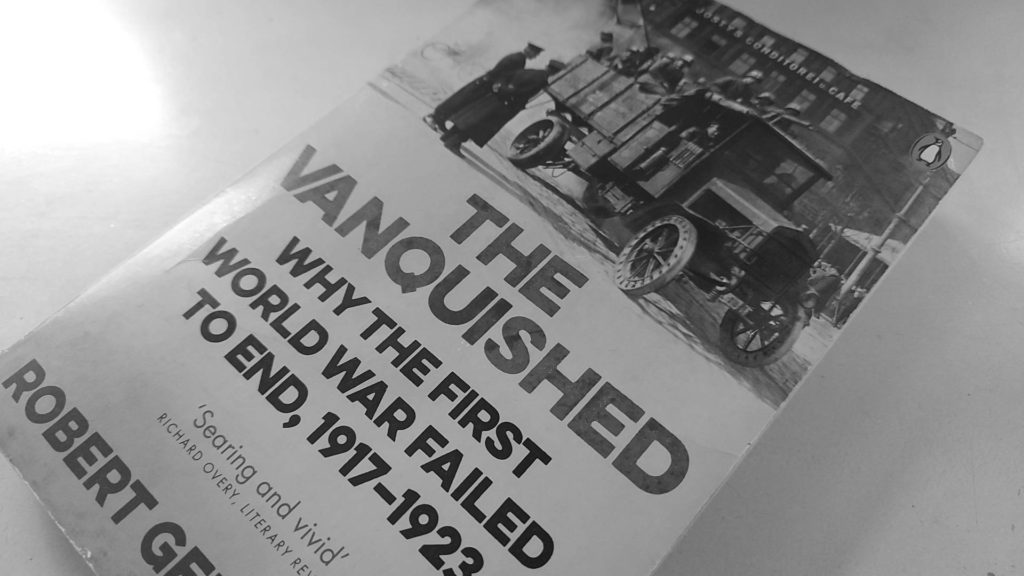
For readers that are already regular visitors to this site, this book may appear familiar. That is precisely because I have already explained in more detail what the book is about in an earlier article. If you want a more detailed discussion, I can highly recommend reading it. For a more concise view, The Vanquished is unique. Why? Well, it does not necessarily deal with the War itself, but more with its societal and political consequences. The main argument of the book is that that the war did not end in 1918. Instead, it raged on until 1923 in the form of several (civil) wars.
Take for example the Hungarian Soviet revolution in 1918. That year saw the establishment of a Soviet-sponsored communist state which later ended in an authoritarian military government. The Greco-Turkish War of 1919-1922 saw the destruction of the Anatolian inlands and the exchange of Turkish- and Greek civilians. For both countries, this was the end of longstanding communities of Greek- and Turkish minorities. In a sense, it also explains the difficult relationship between the two nations to this very date.
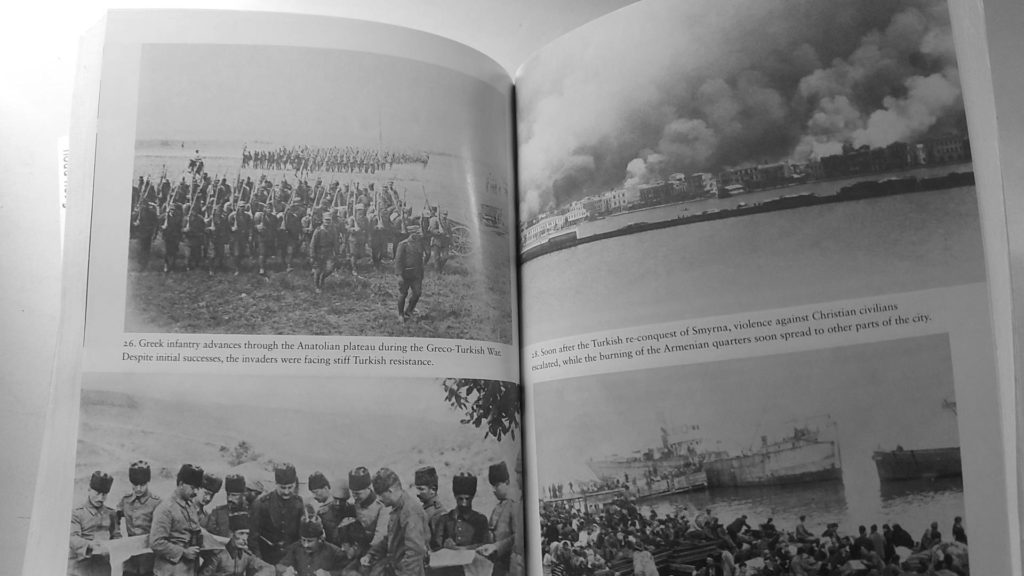
Simply put, read this book if you’re interested about the consequences of the war; you will learn about the influence of the war on European society and why peace in November of 1918 was not an overall peace. For an idea of the long-term consequences of World War I, this is a highly recommended book.
The Fall of the Ottomans: The Great War in the Middle East, 1914-1920 – Eugene Rogan
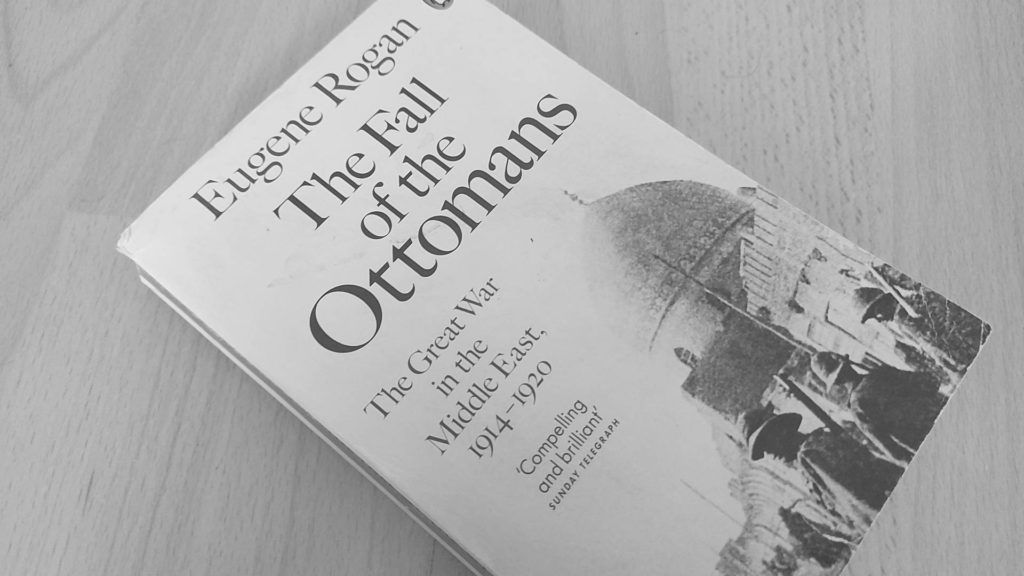
Lastly, a book that is more focused on a single aspect of the war. The Fall of the Ottomans is written from the perspective of the Ottoman Empire during the conflict. It looks at the reasons why the Ottomans joined the Central Powers and how they performed. An interesting book, since the Middle East is often neglected in the historiography of World War I. Like the other writers, Rogan tells us all about the military and economic background of the Ottoman Empire.
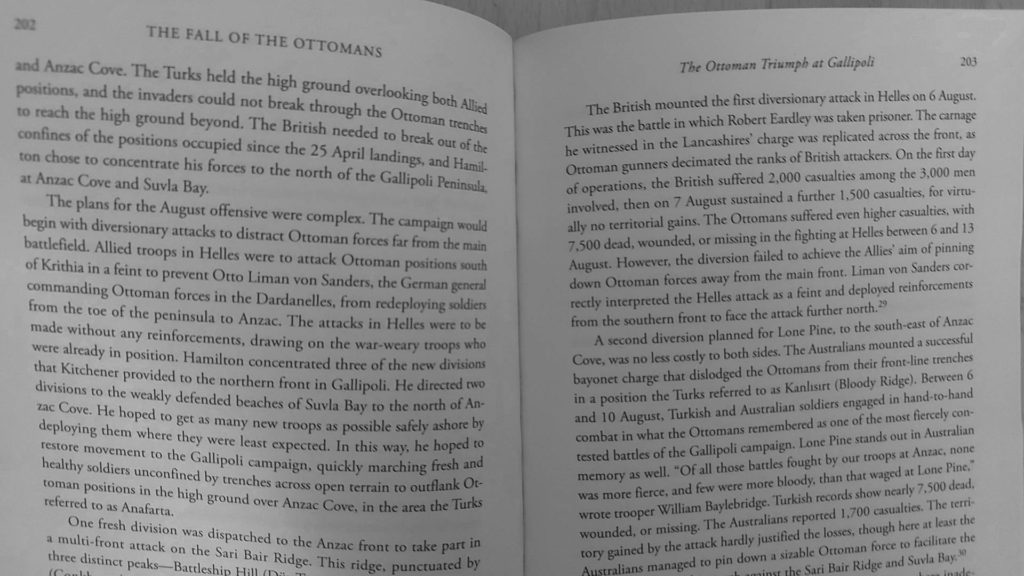
Several topics that may intrigue you are the dominance and influence of the Young Turks and how the results of the Balkan Wars brought the Ottomans closer to Germany. The Berlin to Baghdad railway gets a closer look at and at the end of it all, you will learn that the reputation of the Ottomans as the ‘sick man of Europe’ is undeserved. Their performance was miraculous to say the least.
At first I did not expect much from the book, but its focus on this slightly untold aspect of the war won me over. Do you want to have a more focused experience of the War? Then this is a good one to begin with.
End of part I
For now this is a short list of three books, but stay tuned for additional recommendations.
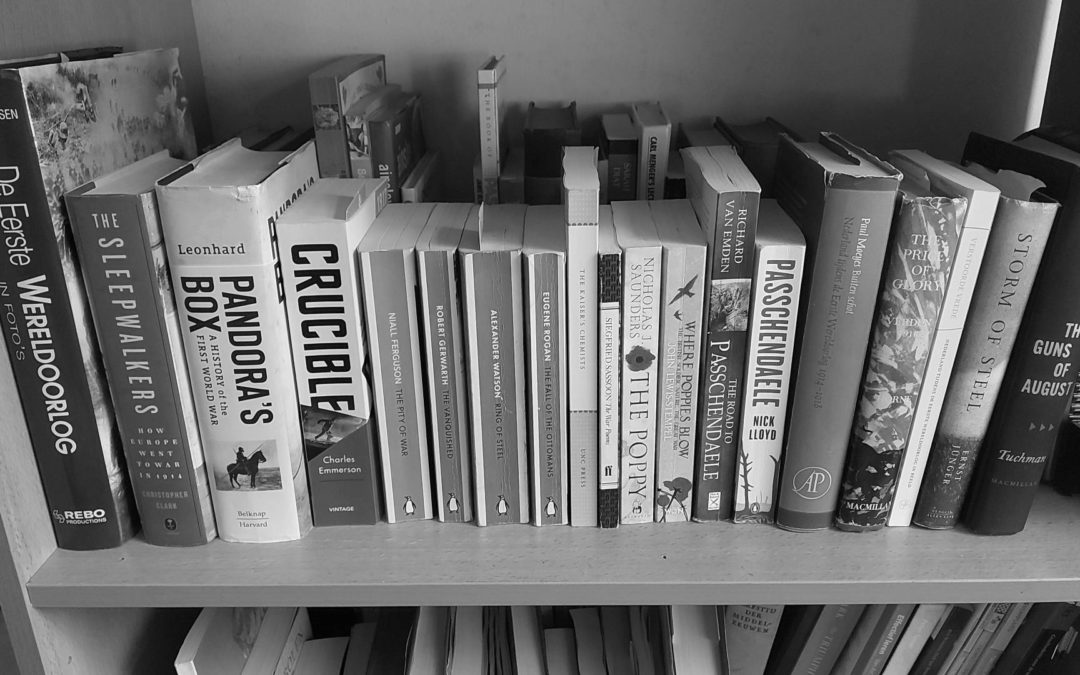
Recent Comments